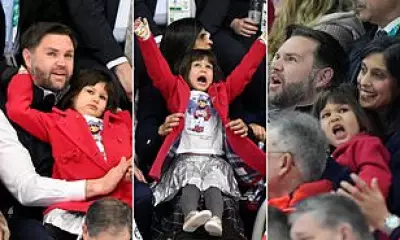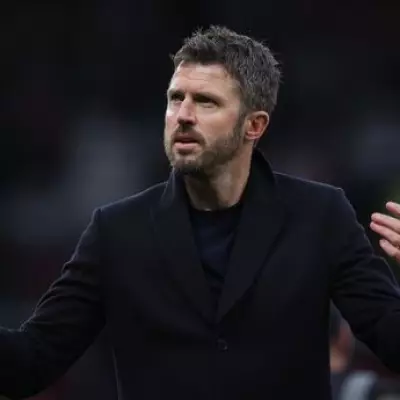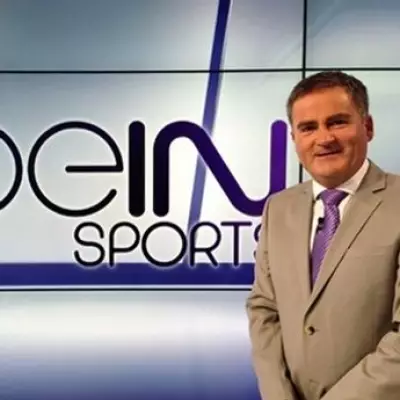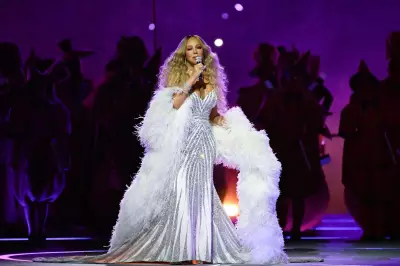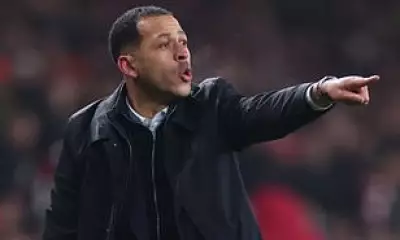
In a concerning development for rugby league, Melbourne Storm forward Eliesa Katoa faces a significant medical procedure following a devastating head injury sustained during the international match between Tonga and New Zealand.
The incident, which occurred during the intense Pacific clash, has drawn attention from medical experts across the sport. Renowned NRL Physio has provided exclusive insight into the severity of Katoa's condition and the complex surgical intervention required.
Medical Expert Reveals Surgical Details
According to specialist analysis, Katoa's injury isn't a straightforward concussion case but requires actual surgical intervention. This level of medical treatment for a head injury raises serious concerns about player safety in contact sports.
The medical expert explained that such procedures are rarely seen in rugby league, highlighting the unusual severity of this particular incident. The surgery will involve specialised techniques to address the specific damage sustained during the match.
Implications for Melbourne Storm and International Rugby
This development comes as a significant blow to both the Melbourne Storm's preparations for the upcoming season and Tonga's international rugby programme. Katoa has been a key contributor for both teams, making his recovery timeline crucial to their respective campaigns.
The injury raises broader questions about the welfare of players representing both club and country, particularly during intense international fixtures where player management may differ from club protocols.
Recovery Timeline and Future Concerns
Medical professionals familiar with such procedures indicate that recovery from this type of surgery typically involves an extended rehabilitation period. The process will likely include:
- Initial post-operative recovery and monitoring
- Gradual reintroduction to physical activity
- Strict neurological assessment protocols
- Progressive return to contact training
There are also long-term considerations about Katoa's future in the sport and the potential impact on his playing style following such a significant head injury.
Broader Conversation About Head Injuries in Rugby League
This case has reignited discussions about how rugby league manages head injuries at both club and international level. With increasing awareness about concussion and head trauma in contact sports, Katoa's situation serves as a stark reminder of the physical risks players face.
Medical experts and player associations are likely to use this case to advocate for enhanced safety protocols and more conservative approaches to head injury management across all levels of the game.

